These reflections are a result of more than 40 years of ministry as a Roman Catholic priest. Most of these years I spent in the Diocese of Charlotte which covers Western North Carolina. Now I am retired, and live in Medellín, Colombia where I continue to serve as a priest in the Archdiocese of Medellín.
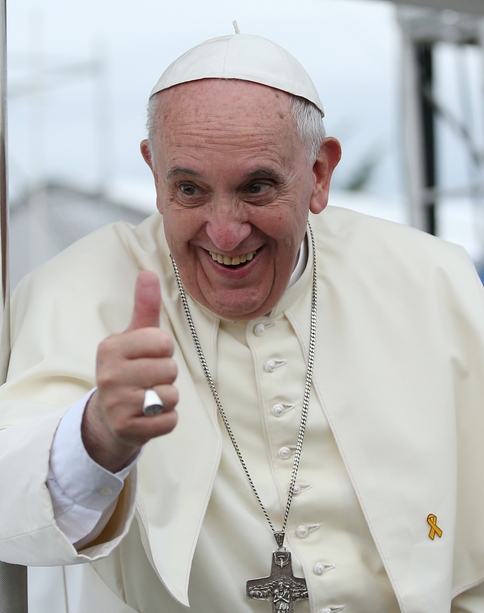
Jesus said to them, “But who do you say that I am?”
Simon Peter said in reply,
“You are the Christ, the Son of the living God.”
Jesus said to him in reply, “Blessed are you, Simon son of Jonah.
For flesh and blood has not revealed this to you, but my heavenly Father.
And so I say to you, you are Peter,
and upon this rock I will build my Church,
and the gates of the netherworld shall not prevail against it.
I will give you the keys to the Kingdom of heaven.
Whatever you bind on earth shall be bound in heaven;
and whatever you loose on earth shall be loosed in heaven.”
(Mt 16:13-19)
The liturgy is sometimes very funny. We celebrate the birthdays of churches, we can even celebrate the birthdays of chairs! Today, of course, is the feast of a very important chair, the chair of Saint Peter. And we celebrate our union in faith with the successor of Saint Peter, who sits on that chair today, Pope Francis.
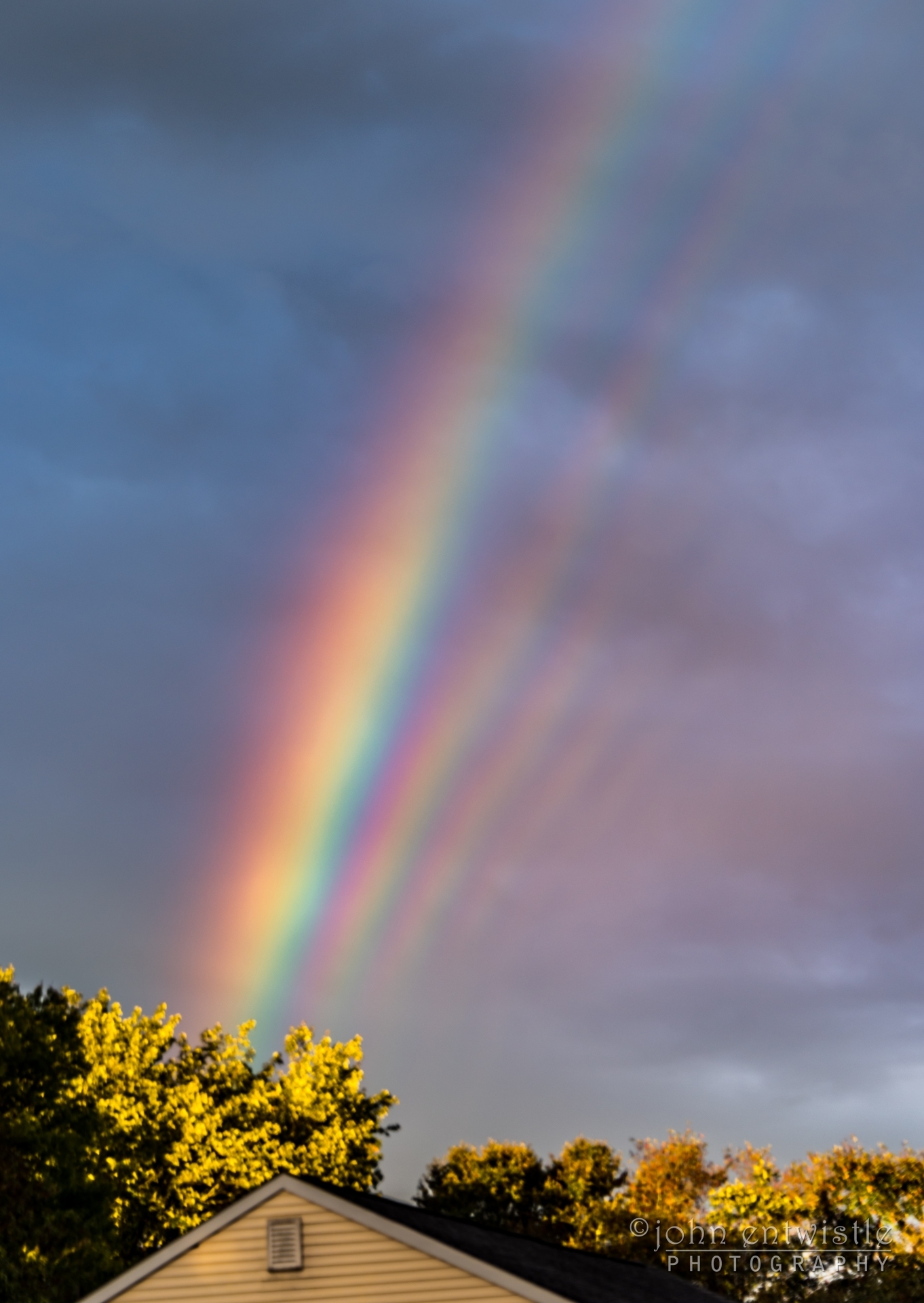
God added:
“This is the sign that I am giving for all ages to come,
of the covenant between me and you
and every living creature with you:
I set my bow in the clouds to serve as a sign
of the covenant between me and the earth.
When I bring clouds over the earth,
and the bow appears in the clouds,
I will recall the covenant I have made
between me and you and all living beings,
so that the waters shall never again become a flood
to destroy all mortal beings.”
(Gen 9:8-15)
Sometimes a rainbow is just a rainbow . . . but a rainbow is always a sign of God’s covenant with all creation.
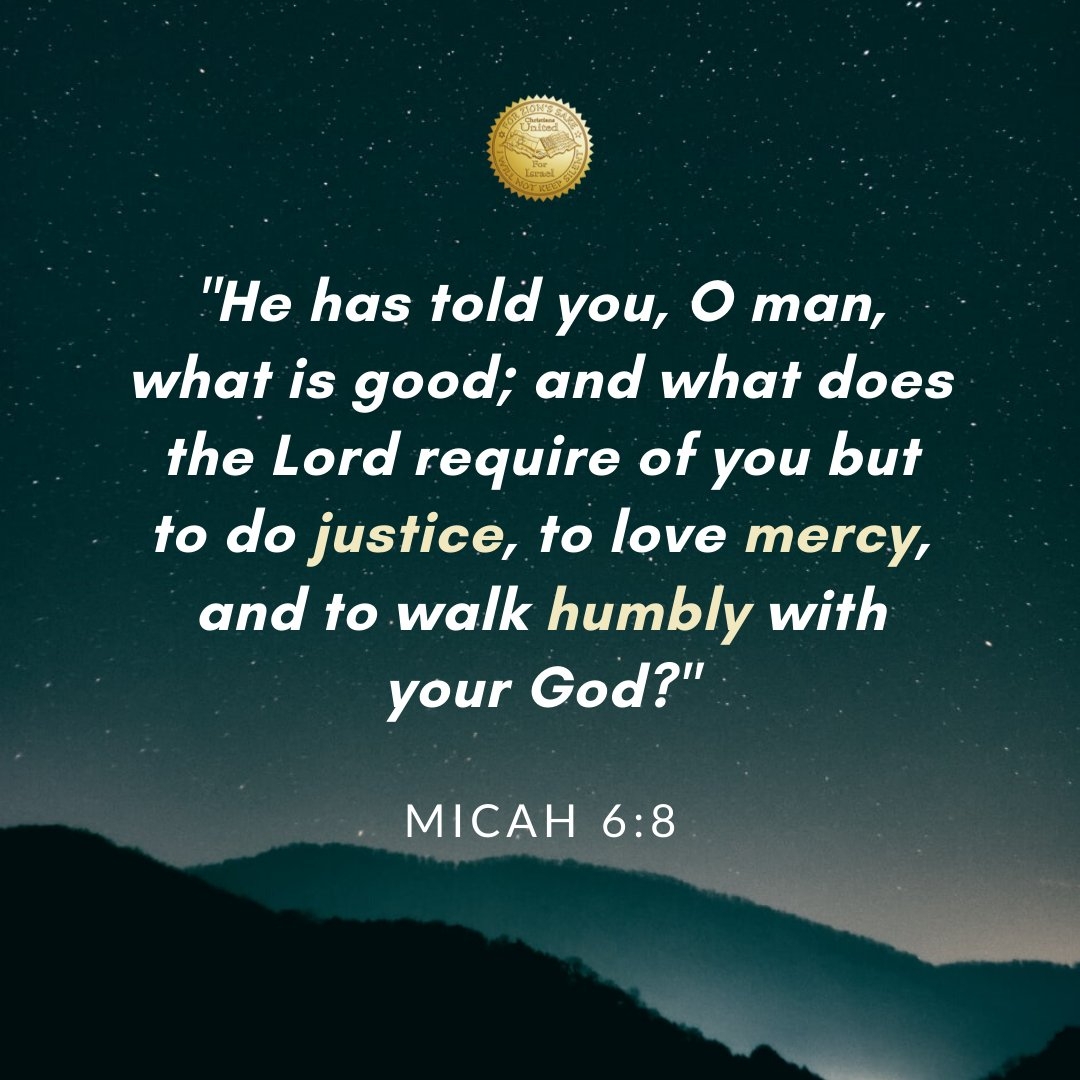
Thus says the LORD:
If you remove from your midst oppression,
false accusation and malicious speech;
If you bestow your bread on the hungry
and satisfy the afflicted;
Then light shall rise for you in the darkness,
and the gloom shall become for you like midday;
Then the LORD will guide you always
and give you plenty even on the parched land.
(Is 58:9b-14)
Biblical “holiness” is always practical, it’s almost always about justice: removing oppression from our midst (for example, systemic racism), bestowing bread on the hungry (not just a once a year hand-out). Maybe this Lent, if we want to get holy, we might need to get our hands dirty.
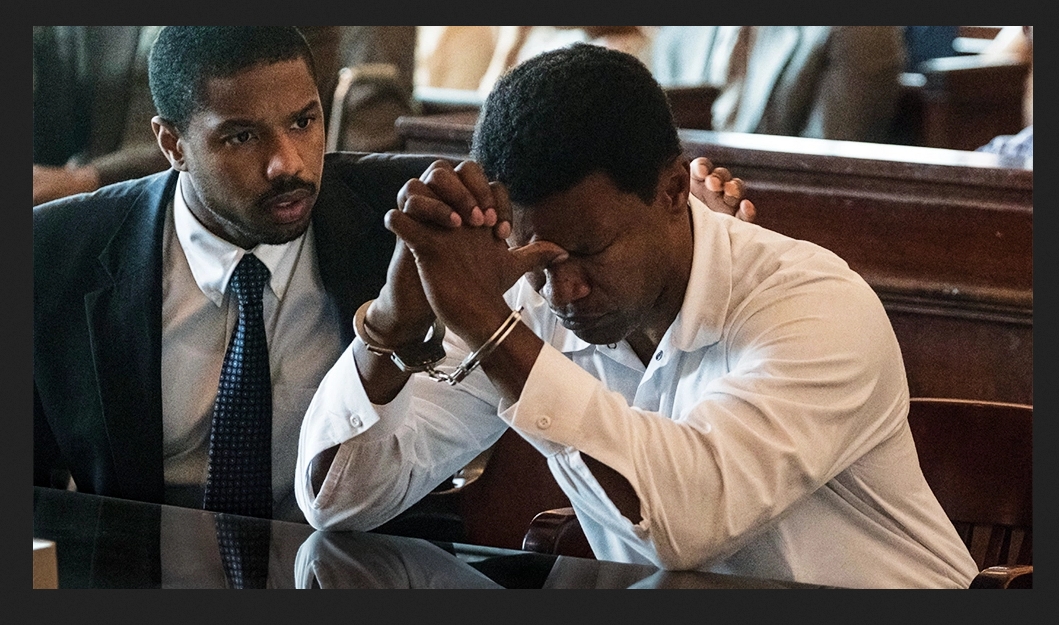
This, rather, is the fasting that I wish:
releasing those bound unjustly,
untying the thongs of the yoke;
Setting free the oppressed,
breaking every yoke;
Sharing your bread with the hungry,
sheltering the oppressed and the homeless;
Clothing the naked when you see them,
and not turning your back on your own.
(Is 58:1-9a)
Jesus’s spirituality is always rooted in bodies. If we want to get closer to God, then we need to get closer to our neighbor, to do the works of justice. Doing justice brings us closer to God.
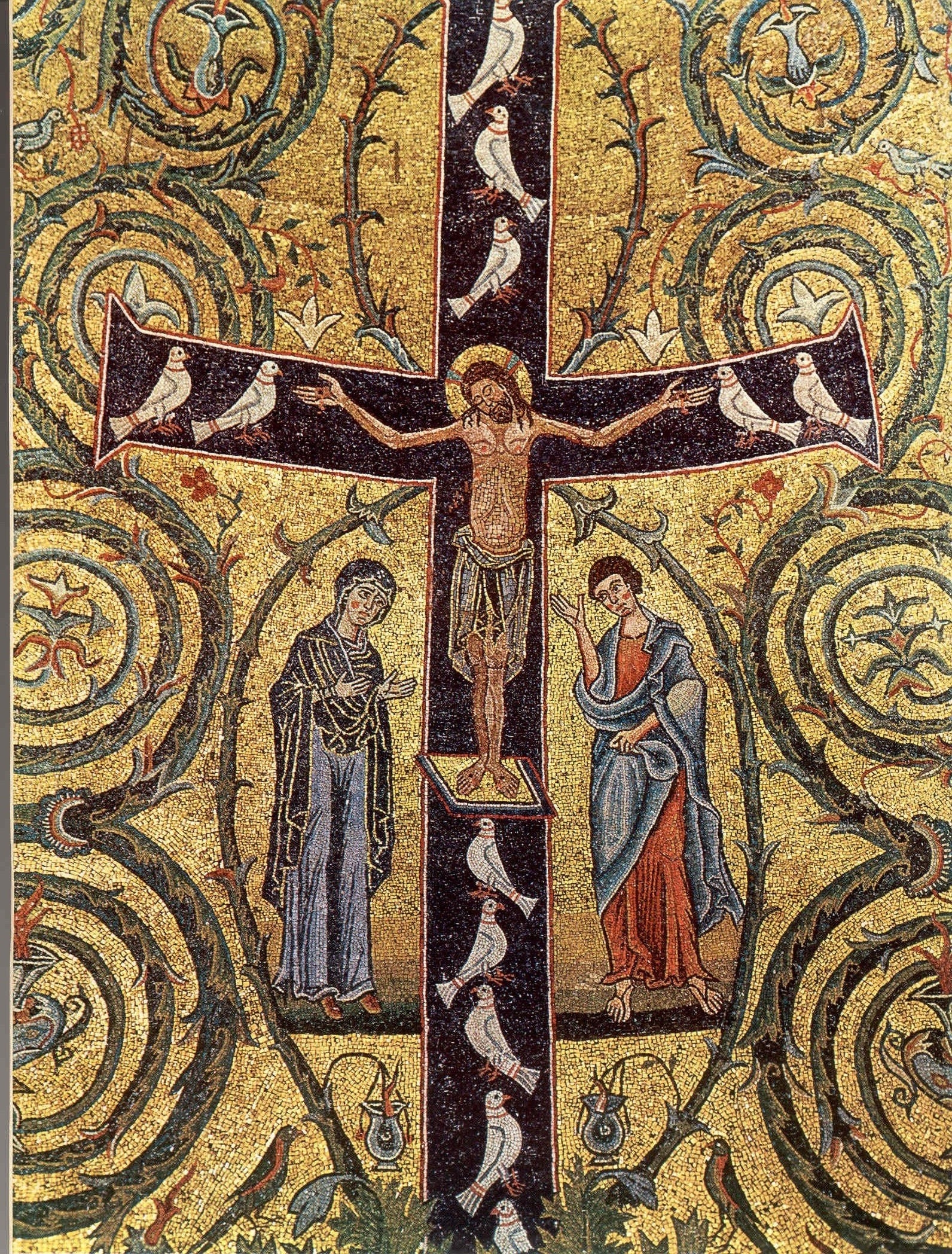
I have set before you life and death,
the blessing and the curse.
Choose life, then,
that you and your descendants may live.
(Dt 30:15-20)
“If anyone wishes to come after me, he must deny himself
and take up his cross daily and follow me.
For whoever wishes to save his life will lose it,
but whoever loses his life for my sake will save it.
(Lk 9:22-25)
A good reminder of what it means to follow Christ during this Lent. We embrace the Cross to live with Him.



